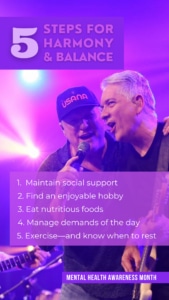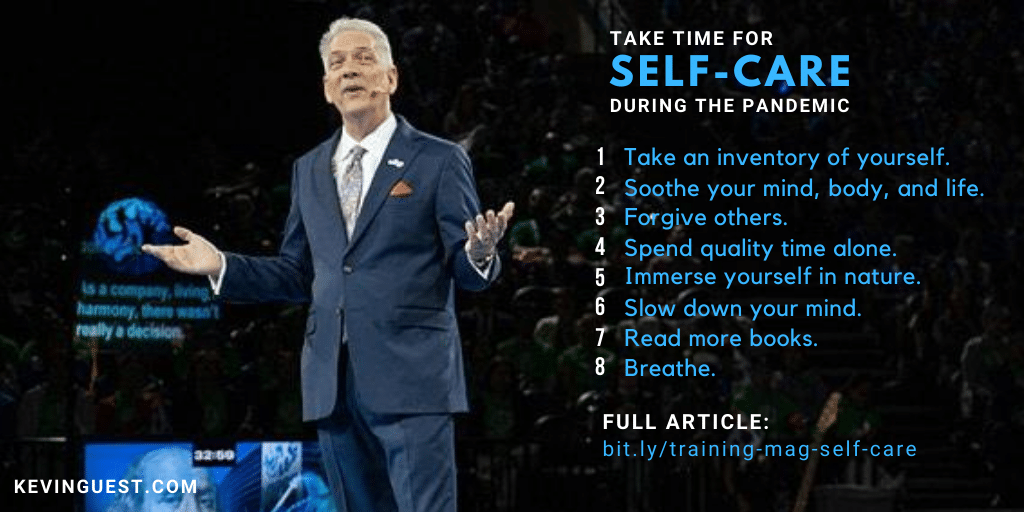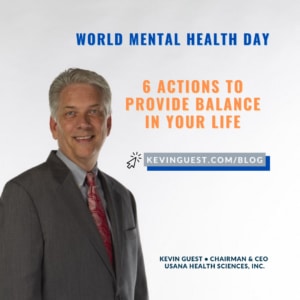Promise2Live: 5 Reminders That You Are Valued
As Executive Chairman at USANA Health Sciences, I’ve come to understand the importance of addressing mental health concerns head-on. Today, I want to talk about a cause close to my heart—suicide prevention and Promise2Live.
Recently, I’ve been helping Promise2Live.org raise awareness around suicide prevention and provide resources for those in need. It’s a cause that demands our attention and compassion because it affects countless individuals and communities in ways that are often unseen and unspoken. I’ve seen the critical impact of Promise2Live’s work as they strive to offer a beacon of light in the darkest hours for those who need it most.
Promise2Live is Shaping the Conversation on Suicide Prevention
On Sept. 10, Promise2Live hosted an amazing global event to help everyone from kids to adults who might struggle with suicidal thoughts. Please watch it on YouTube.
As part of September’s Suicide Prevention Month, I shared on my LinkedIn five reminders that I believe can help each one of us remember our worth, our value, and our purpose in life.
1. Self-Love
We must embrace who we are, with all our strengths and flaws. Each one of us is unique, and that uniqueness is actually our superpower. It gives us the ability to contribute to the world in a way no one else can. As we genuinely love ourselves, we’ll see increased self-esteem, healthier relationships, and improved mental and emotional health.
2. Connections
Our relationships with family, friends, and loved ones nourish our soul. They give us strength, comfort, joy, smiles, and laughs. It’s important to stay connected, to reach out, and to let others in. When someone says, “How are you?” they’re showing love, care, and interest. Those conversations from loved ones can provide comfort and support when it’s needed most.
3. Support
Life can be challenging, and sometimes, we all need help. And I’ve found it’s OK to ask for it. It’s OK to receive it. More than ever, there’s strength in vulnerability, and there’s courage in admitting when we need a listening ear or hand to hold. Remember, you are not in this alone. There is always someone to help you and show love to you. Always.
4. Purpose
Each one of us has passions, dreams, and aspirations. In fact, if I spent five minutes with you, I bet I’d find amazing things about your passion and dreams. Pursuing dreams gives our life meaning and direction. It drives us forward and fuels our spirit. Charge forward with your passion.
5. Gratitude
Finally, practicing gratitude is a powerful tool that I use daily. It brings positivity and perspective into our lives. It helps us appreciate the beauty in the world and the goodness in others.
Supporting One Another Year-Round

Now, here’s the important part. Suicide prevention is an ongoing commitment to supporting one another. So let’s turn these words into action! I invite each of you to join me in my mission to make a real impact.
Visit Promise2Live.org to make the promise and start a conversation. Together, we can make a difference in the lives of countless individuals who may be struggling with thoughts of despair and loneliness.
Together, we can bring about change, one conversation at a time. I believe in the power of harmony, compassion, and understanding. And I believe in you.
I shared these thoughts in a LinkedIn post published in September 2023 as part of Suicide Prevention Month. If you or someone you know is struggling with thoughts of suicide, call 988 to connect with the 988 Suicide and Crisis Lifeline.






